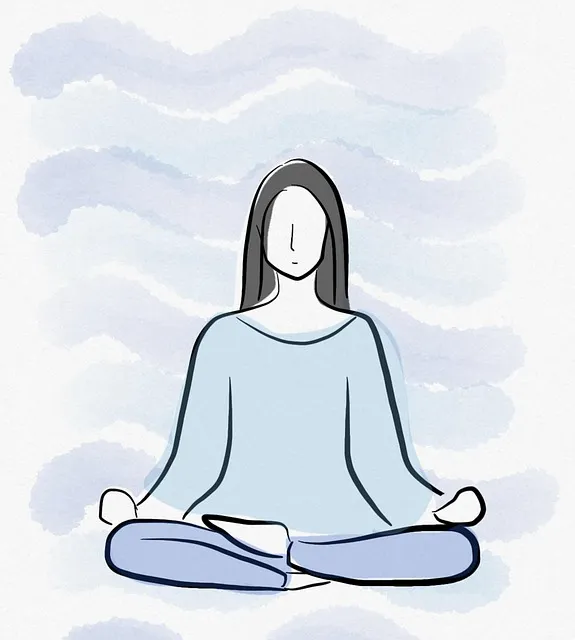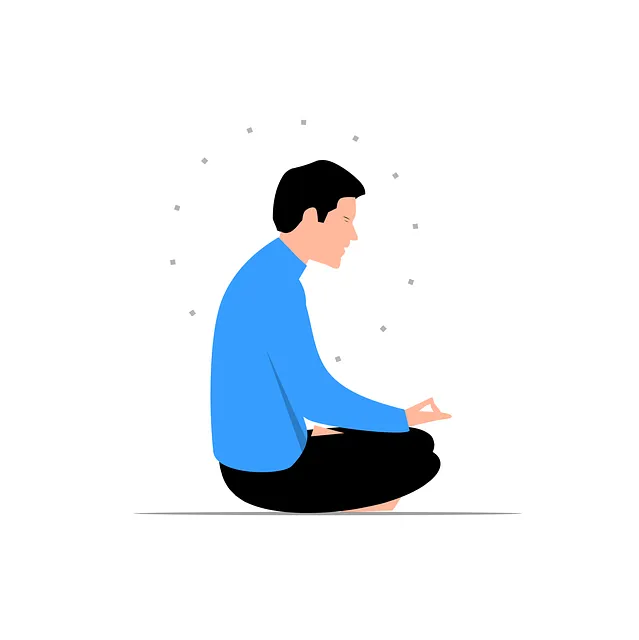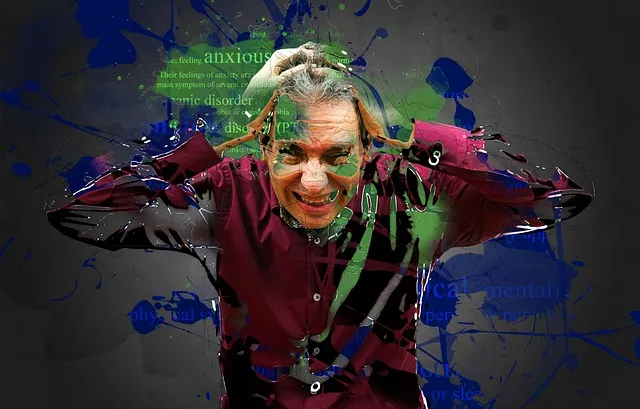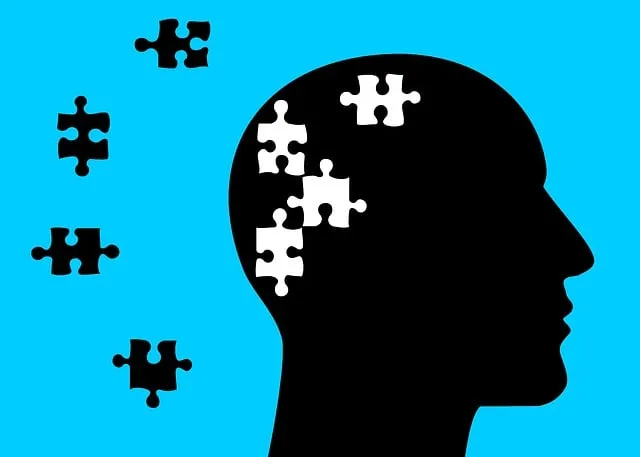Mindfulness meditation, offered by the Westminster Kaiser Permanente mental health department, improves self-understanding and reduces stress and anxiety through practices like Compassion Cultivation. Creating a dedicated home mindfulness space enhances emotional well-being. Overcoming common challenges with consistent, low-time commitment practices, guided meditations, or social skills training from professionals, accessible via the Westminster Kaiser Permanente mental health department number, maximizes benefits for improved emotional intelligence and social skills.
Unwind and find inner peace with mindfulness meditation, a powerful tool for improving mental well-being. This comprehensive guide, presented by the expert team at Westminster Kaiser Permanente Mental Health Department, offers a beginner’s journey into this ancient practice. From understanding the benefits to creating a peaceful sanctuary at home, we’ll navigate you through each step. Learn how to overcome common challenges and develop a consistent routine, leading to enhanced focus and overall happiness. Discover your path to tranquility today!
- Understanding Mindfulness Meditation: A Beginner's Approach
- Setting Up Your Practice: Creating a Supportive Environment at Home
- Overcoming Challenges and Staying Consistent with Your Meditation Routine
Understanding Mindfulness Meditation: A Beginner's Approach

Mindfulness meditation is a practice that involves focusing your awareness on the present moment while calmly acknowledging and accepting your feelings, thoughts, and bodily sensations. It’s about observing your mind’s activity without judgment, allowing you to cultivate a deeper understanding of yourself. For beginners, this might sound challenging, but it’s a skill that can be developed with consistent practice.
The benefits of mindfulness meditation are well-documented, especially in the context of mental health. Services like those offered by the Westminster Kaiser Permanente mental health department promote techniques such as Compassion Cultivation Practices to help individuals manage stress and anxiety effectively. By integrating mindfulness into your daily routine, you can enhance self-care, improve emotional regulation, and even reduce symptoms of trauma (Trauma Support Services). It’s a simple yet powerful tool for better mental well-being that anyone can learn and practice at any time.
Setting Up Your Practice: Creating a Supportive Environment at Home

Creating a dedicated space for your mindfulness practice at home is a powerful step towards enhancing your mental well-being. This personalized environment allows you to cultivate a routine that suits your unique needs, offering a sanctuary from daily distractions. Start by transforming a quiet room into your own tranquil haven, furnished with comfortable seating and a clean, organized layout. Consider natural elements like plants or soft lighting to create an inviting atmosphere.
At Westminster Kaiser Permanente, the mental health department offers valuable resources for individuals seeking guidance in various wellness practices, including mindfulness. Their expertise can help you tailor your practice to improve not just your emotional intelligence and confidence-boosting strategies, but also to enhance social skills training through mindful interactions with yourself and others.
Overcoming Challenges and Staying Consistent with Your Meditation Routine

Overcoming challenges is a significant part of establishing and maintaining a consistent meditation routine. Many people face obstacles when starting their mindfulness journey, such as limited time, distractions, or even initial disinterest. However, it’s important to remember that these hurdles are common and can be overcome with dedication and the right strategies. The Westminster Kaiser Permanente mental health department number can offer valuable resources and guidance for those seeking support during this process.
Consistency is key when it comes to experiencing the full benefits of meditation. To stay committed, consider incorporating mindfulness into your daily routine by setting specific, achievable goals. For instance, start with just 5–10 minutes of practice each day and gradually increase the duration as you build endurance. Additionally, explore various techniques like guided meditations or social skills training provided by mental health professionals to enhance your experience and address any emotional well-being promotion techniques you may need.
Mindfulness meditation, as guided by resources like those offered by the Westminster Kaiser Permanente mental health department, is a powerful tool for enhancing mental well-being. By understanding its fundamentals, creating a supportive home practice, and staying consistent through challenges, individuals can unlock profound benefits of calmness, focus, and emotional resilience. Incorporating mindfulness into daily routines not only improves overall quality of life but also fosters a deeper connection with oneself and the surrounding world.






